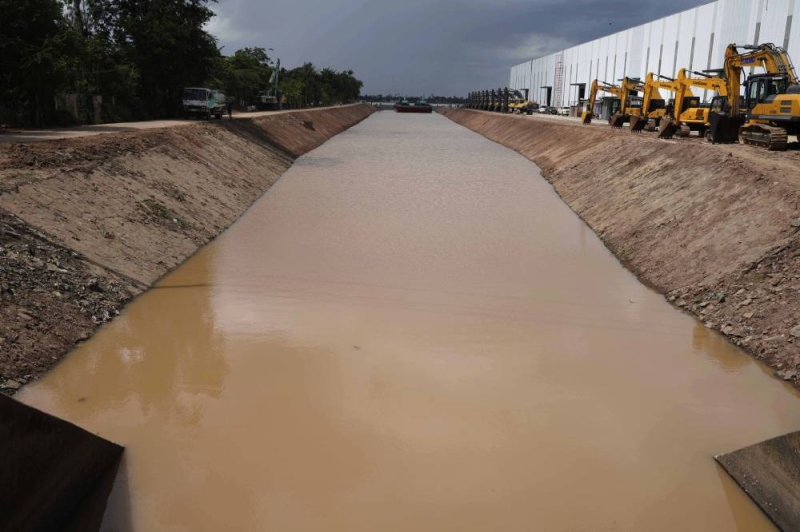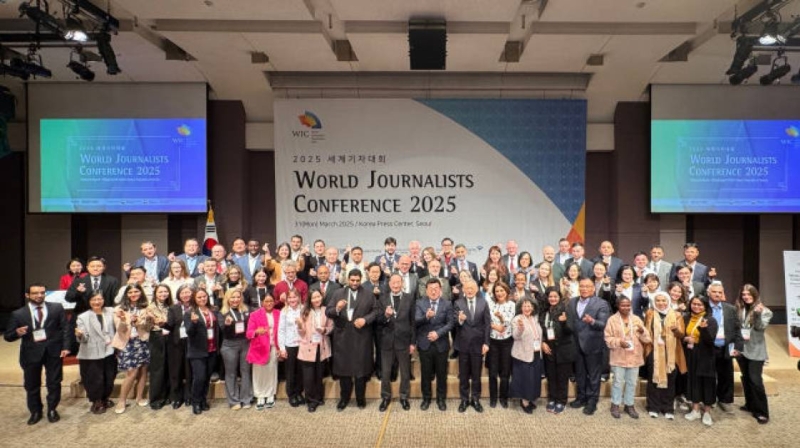PM’s seal on high-level peace mechanism
PM’s seal on high-level peace mechanism
Published: 05:01 am Jul 01, 2009
KATHMANDU: Prime Minister Madhav Kumar Nepal today endorsed a proposal to set up a high-level political steering committee and strengthen pro-peace lobbies in all political parties. Responding to long-time facilitator and former Speaker Daman Nath Dhungana’s proposal during an event to celebrate parliamentary practice in Nepal, the Prime Minister said he would do all he could to support the idea. Dhungana has proposed a steering mechanism comprising leaders of the major political parties as well as former prime ministers to lead the peace process. A senior politician would be appointed the chairman of the mechanism, while the Prime Minister would act as the secretary. Even as political crisis looms, political leaders are brainstorming to find a way out of the crisis. Political parties, one after another, have been disrupting regular House business since March 26, said CA Chairman Subash Nembang. “The President should present the government’s policy and program at least 15 days prior to budget presentation,” Chairman Nembang said. “Then at least an advance expenditure bill should be approved by the end of this month.” The current fiscal ends on July 15. “The key problem is a crisis confidence,” NC leader of the parliamentary party Ramchandra Poudel said. “We do not feel secure because of the Maoist activities.” Despite heated debate over the party’s political strategy, the Unified CPN-Maoist politburo meeting was able to prevent the party from taking a wrong step. “We are very concerned about peace, social change and progress,” senior UCPN-Maoist leader Dr Baburam Bhattarai said. “The UCPN-Maoist, as a responsible party, has decided to keep the issues at the centre of its political line.” He also added that the Maoists ought not be dealt with on the basis of of past activities. Dr Bhattarai, however, indicated continued obstruction of the house as long as the twin issues of respecting people’s mandate (expressed during the last election) and existence of two power centres — the President and the Prime Minister — are not resolved.





